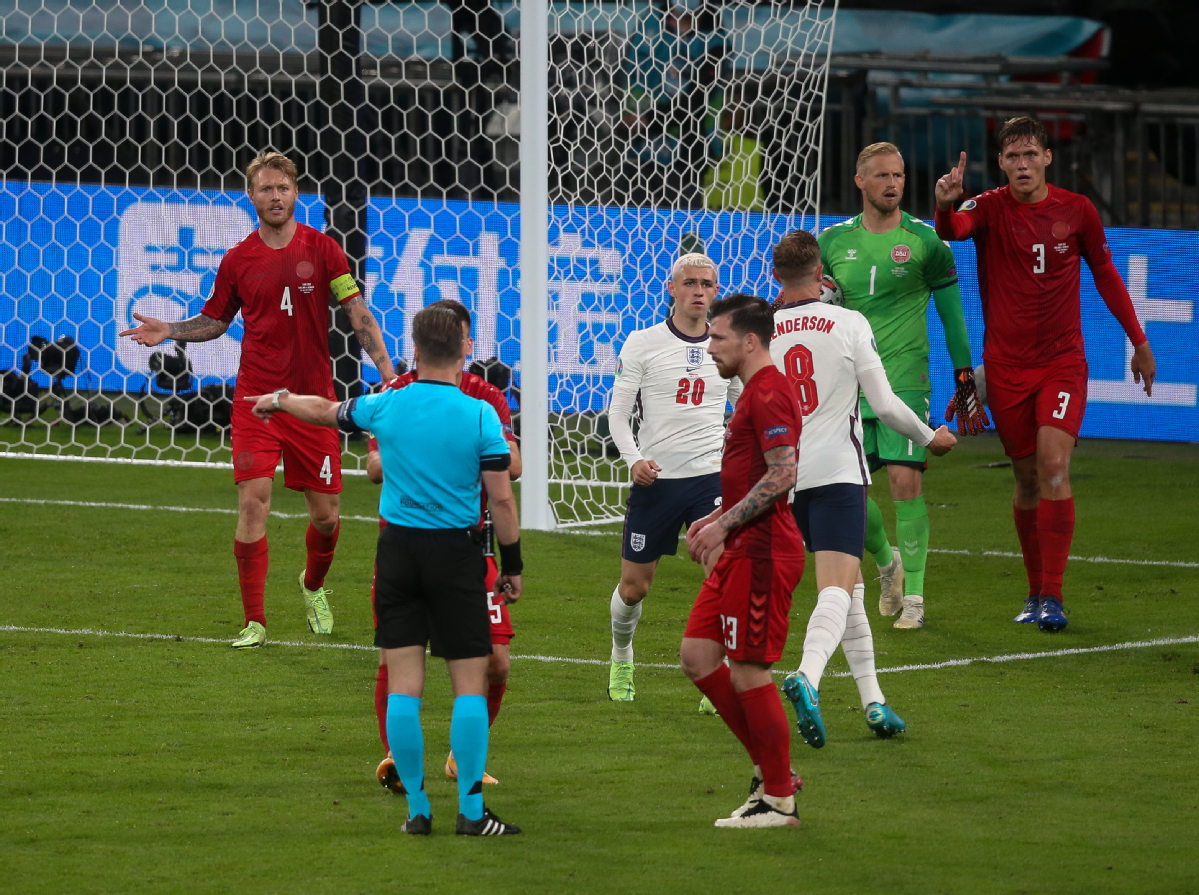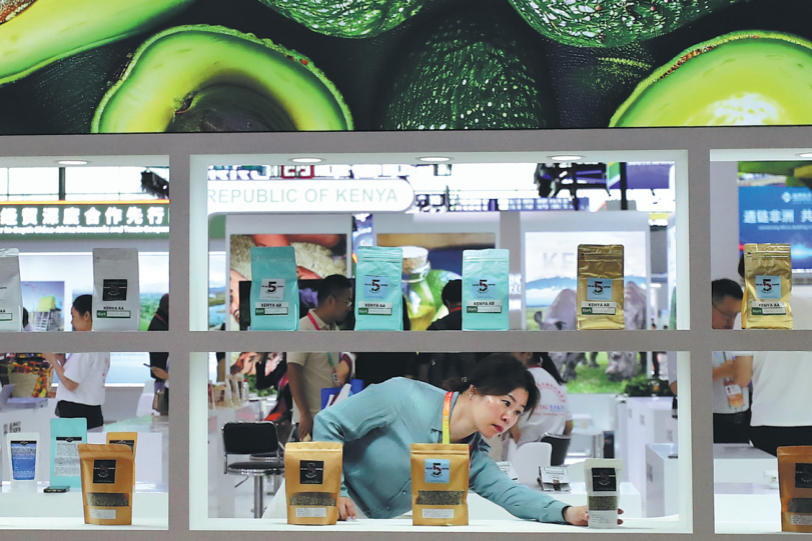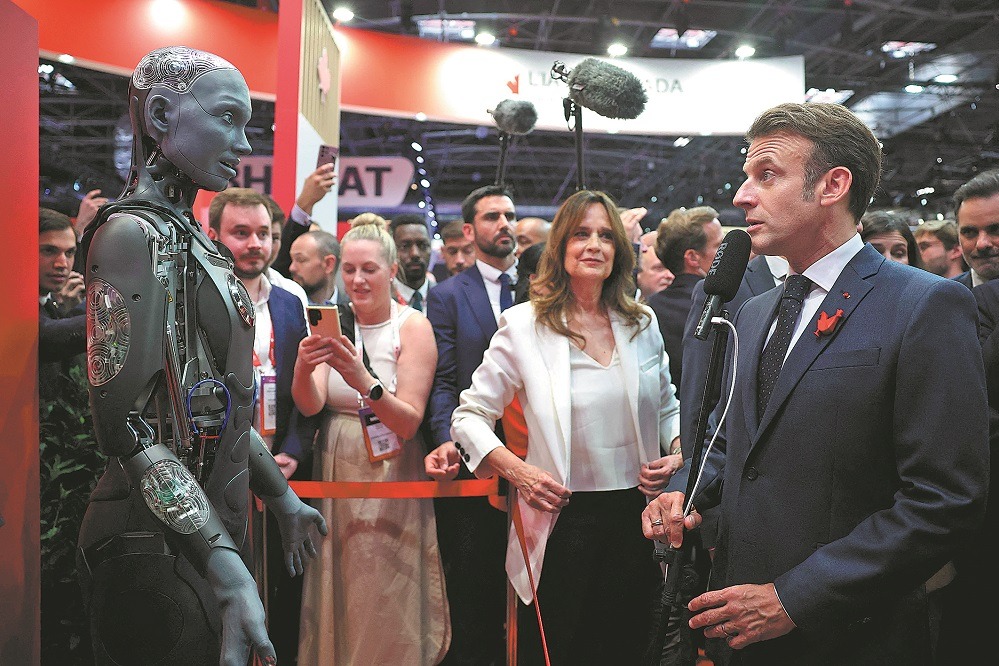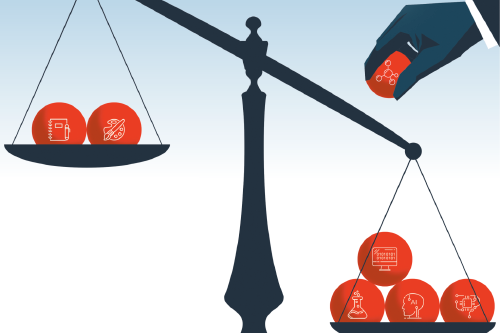Sport sponsorship making sure China brands are finishing first
By Wang Mingjie in London | China Daily Global | Updated: 2021-07-12 03:14

The strong recent presence of Chinese companies as sponsors of major international sporting events has galvanized spectators around the world, in a trend experts expect will accelerate as brands expand their ambitions to go global.
Four Chinese companies — Alipay, Hisense, TikTok, and Vivo — sponsored this year's delayed Euro 2020 soccer tournament, accounting for one-third of official sponsors and making China the biggest source of sponsorship for the event, which is officially called the UEFA European Football Championship.
"As Chinese brands globalize, sponsorship of global sports events provides one of the most potent platforms for those outward-looking brands to build awareness," said Mark Thomas, managing director of S2M Consulting, a China-focused sports event company. "However, we are currently only seeing a first (iteration) of this evolution, with key Chinese brands tending to focus on sponsorship of major tier-one event properties, such as the Olympics, FIFA World Cup, and the Euro."
Thomas said there are also "many more nuanced opportunities" in the global sports ecosystem "that offer more effective means of return" that Chinese brands are likely to explore in future.
Chinese payment platform giant Alipay signed an eight-year deal to become a sponsor, from 2018 to 2026, of UEFA's men's national soccer tournaments, which include Euro 2020, Euro 2024, and the UEFA Nations League finals.
The deal was reportedly worth 200 million euros ($237 million), according to sources cited by the Financial Times, and include Alipay, which is operated by Ant Financial Services Group, becoming UEFA's official global payment partner.
Chinese home-appliance maker Hisense is no stranger to using a sponsorship strategy to drive global awareness of its brand. In 2016, the company became the first Chinese sponsor of the UEFA soccer championships, and in 2018 it was a major sponsor of the FIFA World Cup.
The benefits of partnering with far-reaching global sporting tournaments were obvious for Hisense, which reported overall sales surging by 274.4 percent, year-on-year, during the 2018 World Cup in Russia.
Mark Dreyer, founder of the China Sports Insider website, which tracks trends in China's sports industry, said: "This is kind of tried-and-tested strategy that has worked for Chinese brands, particularly the consumer electronics brands. It is clearly effective because companies continue to spend a great amount of money on the sponsorships."
Dreyer views sports as a "soft power" and "easy route" to customers, noting "it is not cheap to sponsor some of these tournaments, but it's a very accessible way to reach new fans".
Paul Temporal, a global expert on brand creation and an associate fellow at Oxford University's Said Business School, said: "Sports sponsorships are now extremely expensive, but the world's top brands are willing to pay, as sport has universal appeal. It is one category that attracts people from all nations — a universal audience."
Temporal said sports sponsorships offer "an advantage over normal advertising and promotion" because they offer "a better chance of standing out among cluttered communications and addressing huge, targeted markets in a specific way".
During the last decade, with rapid growth in their domestic market, Chinese companies have enjoyed a remarkable expansion in their brand value.
According to a report by London-based consultancy Brand Finance, 11 of the world's 25 most-valuable brands are now Chinese.
David Haigh, chairman and chief executive of Brand Finance, said: "Chinese brands in many fields are now blossoming in Western markets, and are preferred by consumers on their product and service fundamentals. They now need to move from rational to emotional appeal, driven by marketing and branding."
He pointed out that Chinese brands have spent the last decade learning from United States and European brands the art of formulating world-class marketing strategies.
"Sponsorship generally, and sports sponsorship in particular, are excellent ways of winning hearts and minds for brands and Chinese brands are now following in the footsteps of Western brands," Haigh said. "This phenomenon is certain to continue."
With China arguably now the world's largest market for soccer and with it expected to become a soccer market superpower during the next decade, Haigh said: "Sponsoring UEFA exactly fits with that growing position in the sport and provides a conduit for Chinese brands, back to their domestic audiences as well as their international fans."
Dreyer echoed the view, saying: "Certainly, there is a sense of pride and patriotism when the Chinese fans see the brands (at the soccer games). It certainly does not hurt, back home, to give some credibility, domestically, to those brands when they try to go global."
























